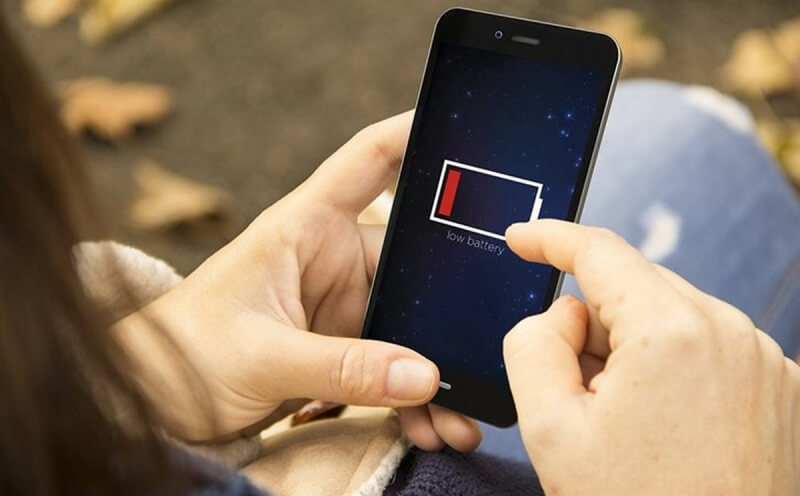
Cookies and malware aren’t the only things that can track our internet activities. More advanced methods, such as browser fingerprinting techniques and high-frequency sounds, are being used to monitor our online behavior covertly. Now, researchers have found that even your device’s battery levels can enable tracking online.
The system works using HTML5’s battery status API, which lets website developers see how much battery life a device has remaining, the time it will take to discharge, and how long it will take to charge.
The API was originally meant to be used as a way of determining if a low-power version of a site should be served to users, but two security researchers at Princeton University - Steve Engelhard and Arvind Narayanan – found two tracking scripts that used the data to fingerprint a device.
As there are 14 million different combinations of battery life as a percentage and the number of seconds left before it runs out, and this semi-unique identifier can be used to track devices across websites with fairly good certainty.
The Guardian points out that while only tracking scripts are using this method now, it could become more widespread in the future - and there are few ways of blocking it.
“Some companies may be analyzing the possibility of monetising the access to battery levels,” wrote Lukasz Olejnik, one of the researchers who first called attention to the issue last year. “When battery is running low, people might be prone to some – otherwise different – decisions. In such circumstances, users will agree to pay more for a service.”
Back in May, Uber revealed it knows when a battery on customer’s smartphone was running low, and that people were more likely to pay higher “surge prices” in such a situation.
"We absolutely don't use that to push you a higher surge price, but it's an interesting psychological fact of human behavior, " said Uber's head of economic research, Keith Chen.
https://www.techspot.com/news/65830-now-mobile-device-battery-status-can-used-track.html